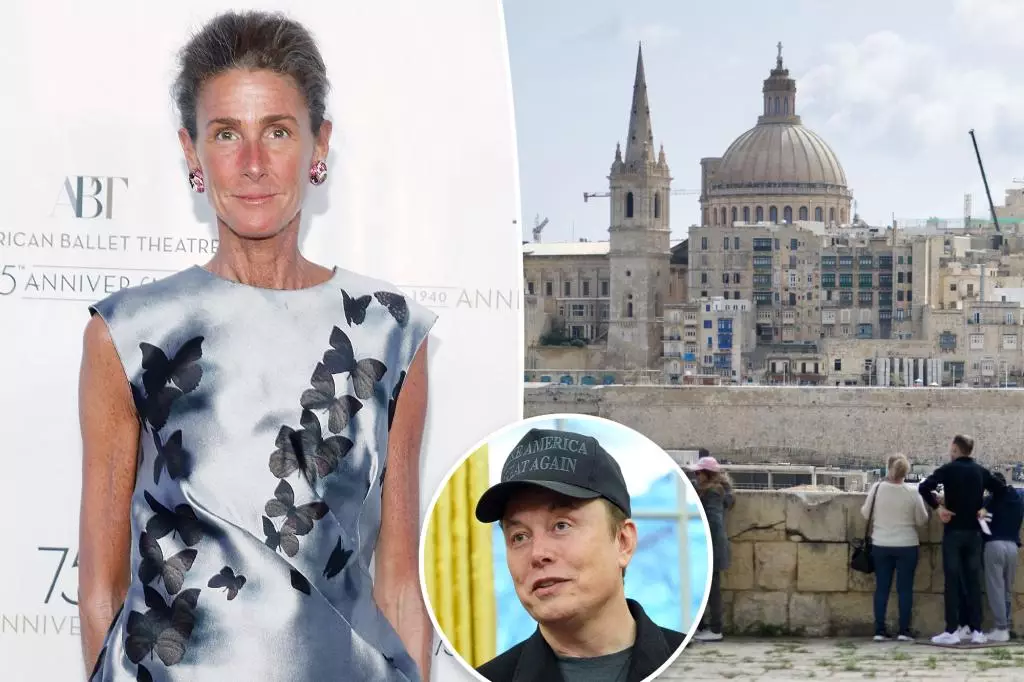In the constantly shifting landscape of American diplomacy, the appointment of ambassadors often brings a flurry of excitement and controversy. Recently, a cohort of socialite ambassadors aligned with the Trump administration—ranging from glamorous philanthropists to influential public figures—has sparked discussions about their potential displacement due to rumored closures of U.S. embassies. This unfolding scenario pits the elite aspirations of appointees like Somers Farkas against a backdrop of significant administrative budget cuts and re-evaluations of America’s diplomatic footprint.
Farkas, poised to be the next ambassador to Malta, exemplifies the modern ambassadorial appointee, leveraging her social status and philanthropic endeavors as assets. Married to the heir of a well-known department store, she embodies the intersection of privilege and public service. However, the whispers of impending embassy closures raise urgent questions about the longevity and stability of such prestigious roles. The likelihood that many of these newly appointed ambassadors might find themselves without a home base is a stark contrast to the often-glamorous narratives that surround their appointments.
The Dichotomy of Service and Reality
While Farkas has undergone training to prepare for her role, the ambiguity around embassy closures suggests that the realities of diplomatic service may not align with the lofty ideals that many envision. A political insider’s quip—that some ambassadors might end up “camping out”—emphasizes this imbalance. It highlights a broader issue: the increasingly transactional nature of political appointments under the current administration. These roles, primarily sought for their social prestige, are facing an institutional crisis as international relations become a casualty of fiscal austerity.
Furthermore, the proposed closures of embassies in strategic locations—including Luxembourg and various countries in Africa—translate to a diminished diplomatic presence for the United States. The selection of candidates, including former media personalities like Kimberly Guilfoyle and sports figures like Herschel Walker, raises questions about the criteria for such critical positions, where experience in diplomacy should arguably take precedence over celebrity status.
Assessing the Broader Implications
The potential downsizing of the U.S. diplomatic corps presents long-term consequences not just for those in the position of ambassador but also for American foreign policy and international relations. The ability to respond to global crises, engage with allies, and project American values is intrinsically tied to the health and accessibility of our embassies. While some internal sources downplay the urgency, labeling the discussions around embassy closures as speculative, it is critical to recognize that diplomatic roles are not merely ceremonial; they are substantive, requiring a sustained and dedicated presence.
As the continuing reshuffling of diplomatic roles unfolds, it is imperative to consider the impact on not just the individuals involved but the larger implications for America’s position on the world stage. The juxtaposition of high-profile appointments with the potential for profound reductions in diplomatic outreach presents a compelling narrative of how the elite’s ambitions may clash with the necessities of global engagement.

